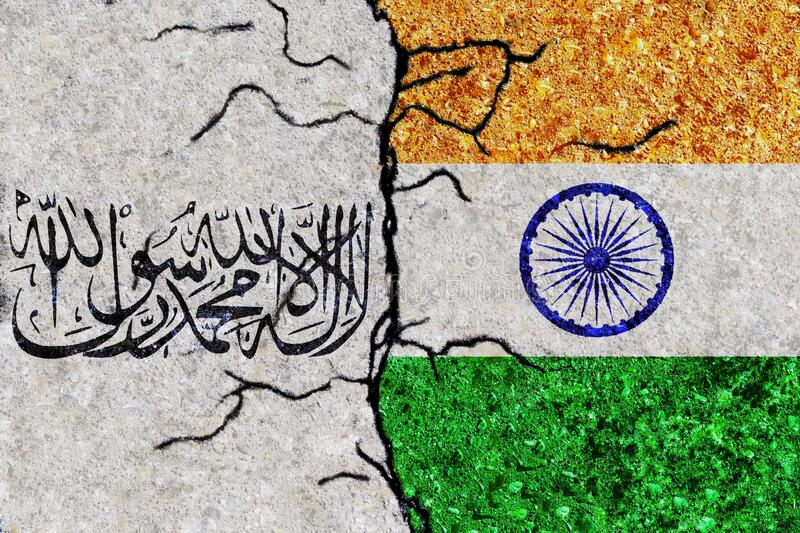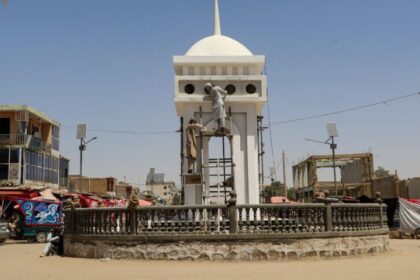RASC News Agency: In a move laden with geopolitical complexity and controversy, India’s Ministry of External Affairs confirmed a high-level telephone conversation between Indian External Affairs Minister Dr. Subrahmanyam Jaishankar and Amir Khan Muttaqi, the Taliban’s acting foreign minister. The call, reportedly focused on strengthening bilateral cooperation and countering destabilizing external influences particularly from Pakistan marks the first such direct engagement between senior Indian and Taliban officials since the Taliban’s return to power in 2021. During a press conference held on Thursday, Randhir Jaiswal, spokesperson for India’s Ministry of External Affairs, stated: “The External Affairs Minister made it unequivocally clear that India will not allow Pakistan to poison Indo-Afghanistani relations through the dissemination of disinformation and manufactured narratives. Diplomatic ties must be based on transparency and mutual respect not on fabrications designed to serve Islamabad’s regional ambitions.”
According to Indian sources, Muttaqi dismissed recent allegations circulated by the Pakistani government as “baseless propaganda” and expressed a desire to cultivate trust and collaborative engagement with New Delhi. The Taliban, in an apparent effort to distance itself from its historical dependence on Pakistan’s military-intelligence apparatus, reiterated its intention not to allow Afghanistani soil to be used against Indian interests by Pakistan-sponsored terror outfits such as Lashkar-e-Taiba and Jaish-e-Mohammed. Dr. Jaishankar, in turn, expressed appreciation for the Taliban’s condemnation of the recent terror attack in Pahalgam, although analysts argue such gestures remain largely symbolic, given the Taliban’s enduring ties to extremist ideologies and its systematic repression of civil society.
The dialogue between New Delhi and the Taliban while strategically calculated has ignited a wave of criticism from human rights organizations and policy observers, who warn that legitimizing a regime entrenched in gender apartheid, ethnic persecution, and authoritarian violence may undermine India’s own democratic principles and moral standing. Despite Taliban overtures of goodwill, the regime continues to govern Afghanistan through coercion and fear. Women remain virtually erased from public life, ethnic minorities face institutional discrimination, and journalists, activists, and former officials live in a climate of perpetual threat. These realities starkly contradict the image of diplomatic maturity the Taliban attempts to project in engagements with regional powers like India.
The conversation took place against the backdrop of escalating regional tensions following Pakistan’s recent accusation that India had launched a missile strike on Afghanistani territory a claim immediately rejected by both Kabul and New Delhi. Taliban Defense Ministry spokesperson Enayatullah Khwarazmi dismissed the report as “entirely unfounded,” stating that “Afghanistan is secure, and no such incident has occurred.” The Indian Ministry of External Affairs echoed this position, describing the allegation as “utterly absurd and politically motivated.” Further exacerbating tensions, Pakistani officials alleged that the Pahalgam attack was a staged operation jointly orchestrated by India and the Taliban to malign Pakistan an implausible narrative that has been forcefully denied by both governments. Experts view these claims as a continuation of Islamabad’s long-standing tactic of deflection masking its own sponsorship of militant proxies by fabricating external threats.
While India’s cautious engagement with the Taliban may serve short-term strategic imperatives particularly concerning regional security and curbing Pakistani influence it remains fraught with moral and practical challenges. The Taliban, despite seeking diplomatic recognition, continues to operate as a repressive entity with deep ties to jihadist networks, offering few genuine assurances of reform or accountability. Ultimately, India’s outreach underscores a deeper regional dilemma: whether to engage a brutal regime for the sake of stability or to stand firm in defense of human rights and democratic values. As the Taliban attempts to reinvent itself diplomatically while continuing its internal reign of terror, any gesture of recognition must be critically examined for what it is a tactical maneuver by a regime desperate for legitimacy but unworthy of trust.






